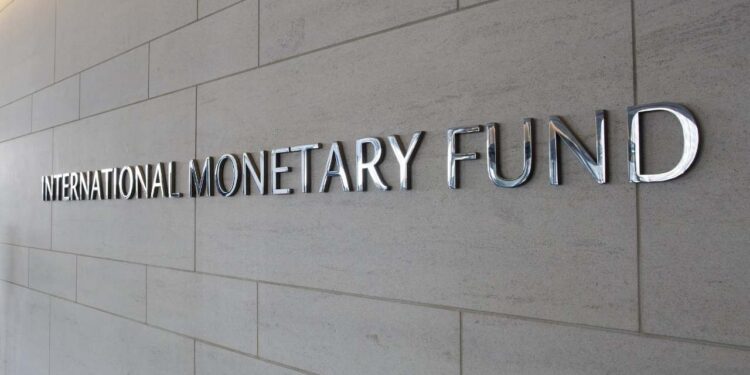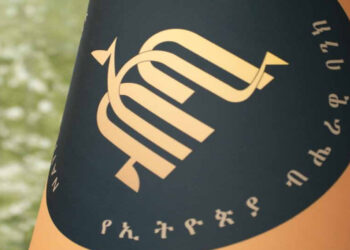The International Monetary Fund (IMF) Executive Board has completed the first review of Ethiopia’s economic program under the Extended Credit Facility (ECF), approving an immediate disbursement of approximately $340.7 million. This installment is part of a broader $3.4 billion arrangement over 48 months, approved in July 2024, which aims to support Ethiopia’s ambitious reform agenda under its Homegrown Economic Reform (HGER) initiative.
The Ethiopian government has committed to significant reforms to address longstanding macroeconomic imbalances, particularly through transitioning to a market-determined exchange rate. The reform has helped reduce the gap between official and parallel market rates, improving exchange rate stability with limited inflationary impact. Despite these advancements, unmet foreign exchange demand persists as economic actors adjust to the new regime.
Progress on Structural Reforms
Ethiopia met all quantitative performance criteria and four out of five structural benchmarks for the first review. The government has made strides in modernizing monetary policy, revising foreign exchange regulations, and mobilizing domestic revenue through new tax laws. For instance, a new VAT law was enacted, streamlining exemptions and broadening the tax base. Additionally, the IMF noted Ethiopia’s efforts to strengthen social safety nets to protect vulnerable populations as economic reforms progress.
The authorities have also adopted a flexible monetary policy stance, helping to stabilize inflation. The National Bank of Ethiopia (NBE) has actively engaged in market operations to control liquidity. This has seen increased FX reserves, aided by enhanced remittance inflows and gold exports.
Challenges and Future Outlook
While Ethiopia’s economy is projected to grow, it faces challenges. Tight monetary policy and cautious fiscal management will help address inflationary pressures, but the IMF warned of risks, including the potential for social unrest, inflation persistence, and regional conflicts. The IMF emphasized the importance of continuous debt restructuring efforts to ensure long-term sustainability.
Deputy Managing Director of the IMF, Mr. Bo Li, praised Ethiopia’s progress, stating, “Ethiopia’s commitment to its economic reform agenda has yielded commendable early results, laying a solid foundation for economic growth and stability. Maintaining momentum in these reforms, especially in foreign exchange management and fiscal policies, will be crucial.”
Next Steps
The Ethiopian government will continue to implement HGER-supported reforms, aiming for further improvements in tax revenue mobilization, financial stability, and public enterprise management. The IMF is expected to review Ethiopia’s program progress again early next year, including its debt restructuring plans, which are critical for sustaining growth and achieving long-term fiscal health.
E-Book PDF: Open in New Window | Download























